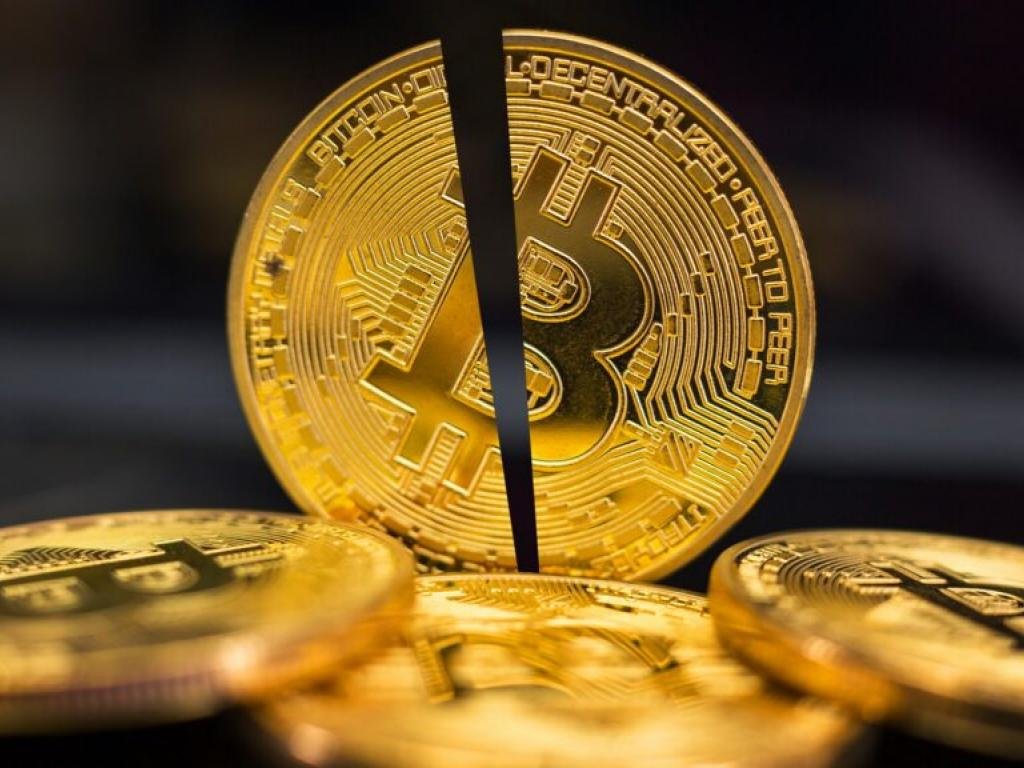Will Google’s New ‘Willow’ Chip Break Bitcoin? Some Dismiss It As ‘Fantasy’ While Others Flag ‘Risk’ That Isn’t Immediate

Alphabet Inc. (NASDAQ:GOOG) (NASDAQ:GOOGL) subsidiary Google’s unveiling of its next-generation quantum chip, “Willow” has sent ripples through the tech world, with its lightning-fast computation capabilities stoking concerns for Bitcoin (CRYPTO: BTC) and other cryptocurrencies.
What happened: The new chip, developed at the company’s California quantum lab, can solve a standard benchmark computation in under five minutes, a task that would take the world’s fastest supercomputers 10 septillions, or 10^25, years to solve.
The fear is, it would break the much-vaunted Bitcoin security.
For context, Bitcoin’s decentralized and trustless structure is powered by cryptography—a practice of coding information to keep it secure and only readable by the intended recipient.
See Also: Trump-Backed World Liberty Financial Bags $10M In Ethereum: What’s Going On?
A widely followed X user, going by the pseudonym John Trades MBA, made a sweeping remark on the new chip’s impact on Bitcoin’s mining.
“If Google quantum chip Willow is really that good they could mine all the remaining Bitcoin. 1.1 million Bitcoins are left to be mined worth $110 billion.”
However, his claims were quickly fact-checked, with users pointing out that the hashing algorithm used in Bitcoin to verify transactions and public addresses was theorized to be quantum-resistant.
Users also highlighted Bitcoin’s difficulty adjustment algorithm that ensures that new blocks are mined roughly every 10 minutes, regardless of the number of miners or the amount of computing power they use.
Renowned internet entrepreneur Kevin Rose also decided to allay the fears.
“Estimates indicate that compromising Bitcoin’s encryption would necessitate a quantum computer with approximately 13 million qubits to achieve decryption within a 24-hour period,” Rose explained. “In contrast, Google’s Willow chip, while a significant advancement, comprises 105 qubits.”
Tyler, another X user with a big following, made the same argument while highlighting Bitcoin’s flexibility to be forked and upgraded at any time to keep up with advancing technology.
Another user, Pablo Lacasia, who described himself as a technology enthusiast, took a more balanced position, acknowledging the risk at hand.
“The consensus from available information is that while there is a risk, it’s not immediate, and the crypto community is aware of the need for proactive measures,” Lacasia stated.
He added that though Bitcoin can potentially survive by transitioning to quantum-resistant algorithms, the process would be “challenging.”
Read Next:
Photo courtesy: Shutterstock




